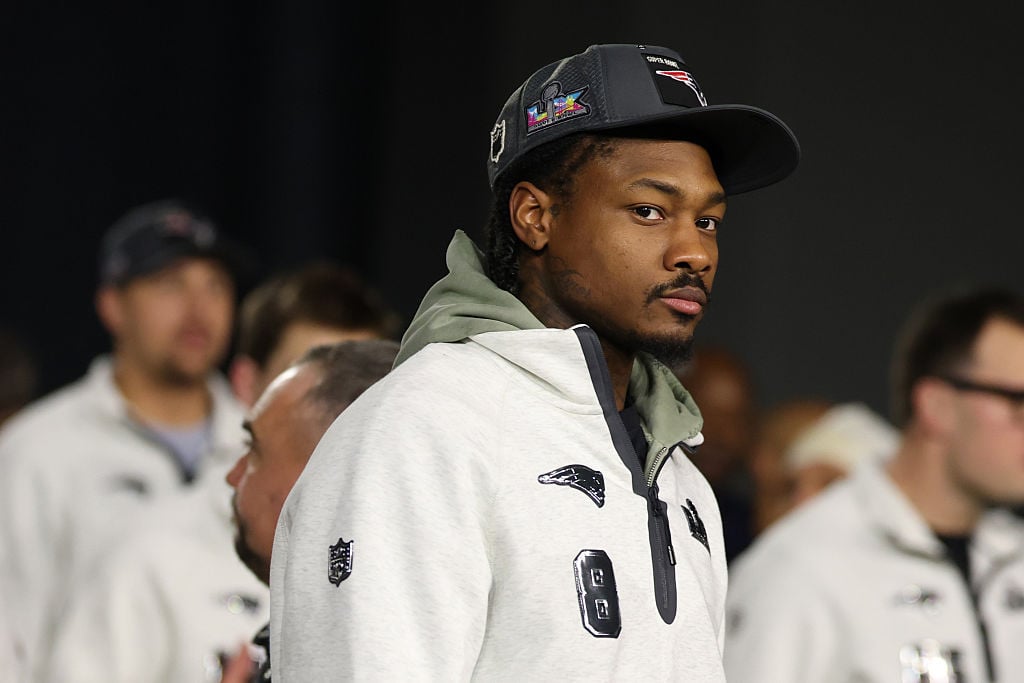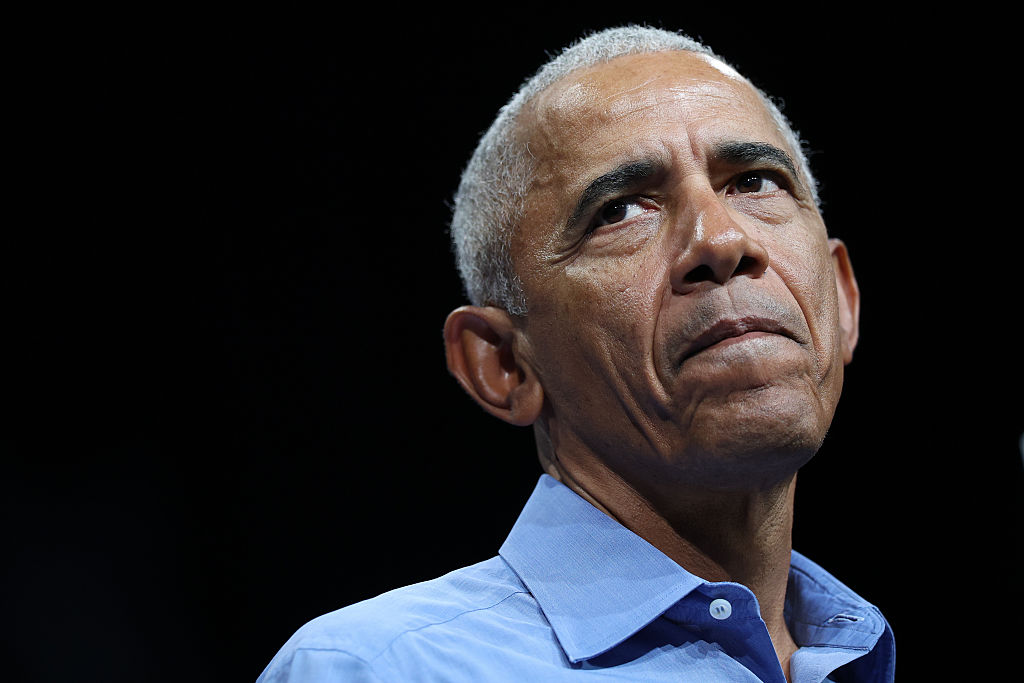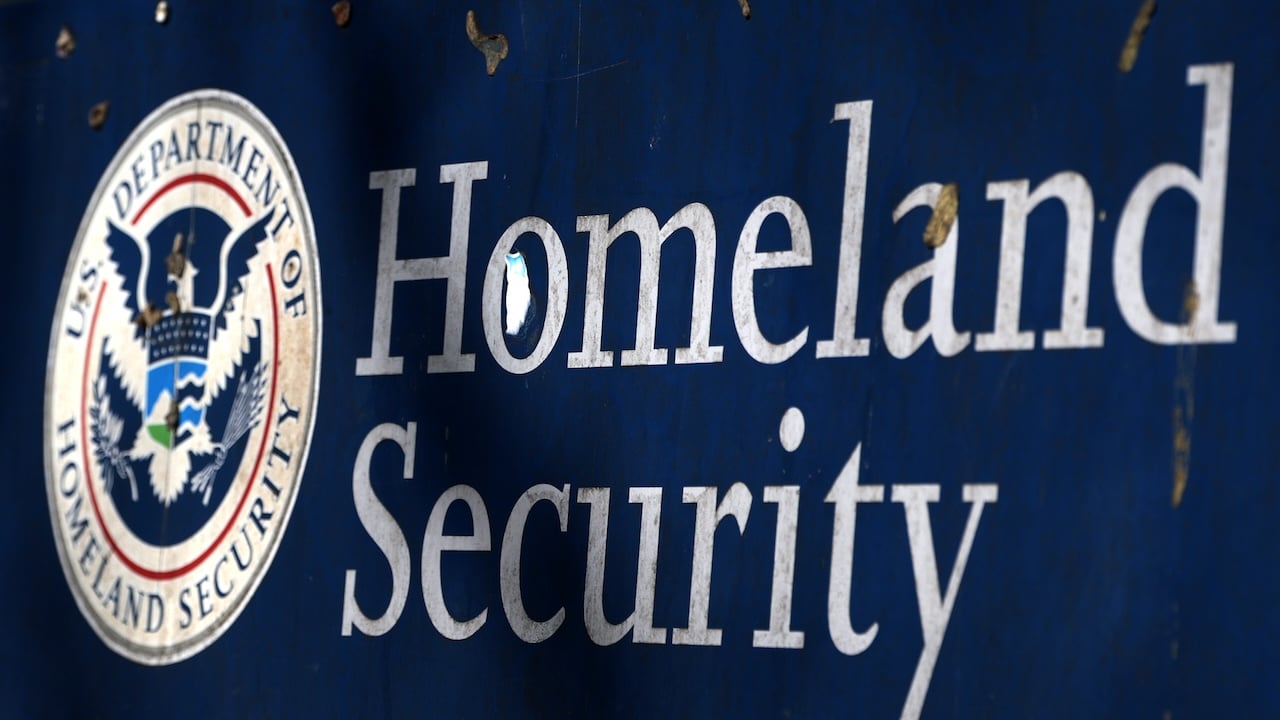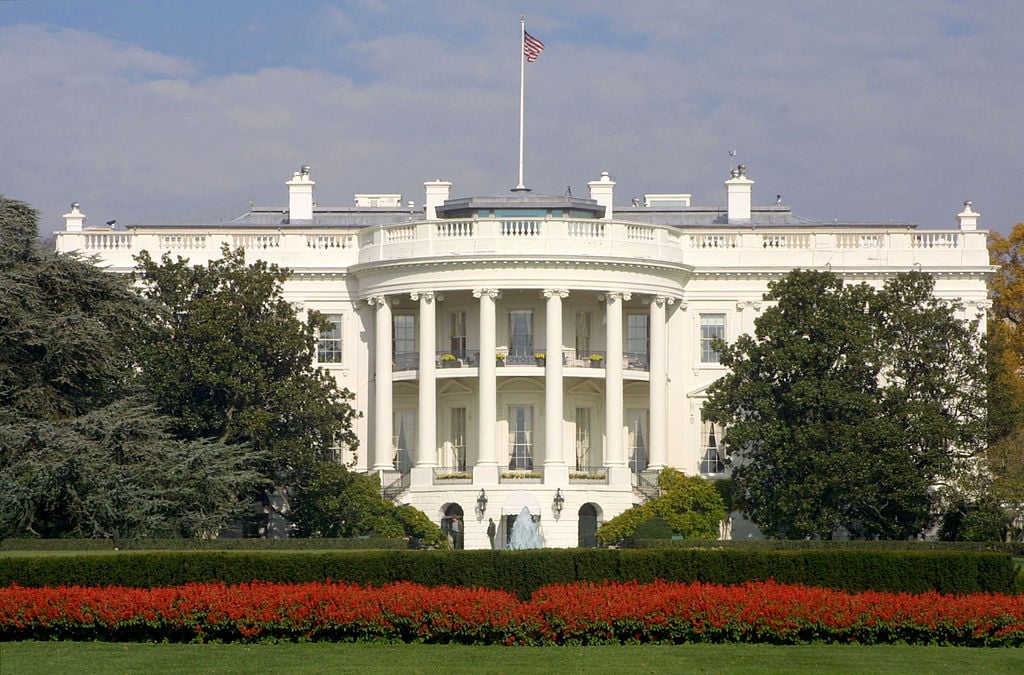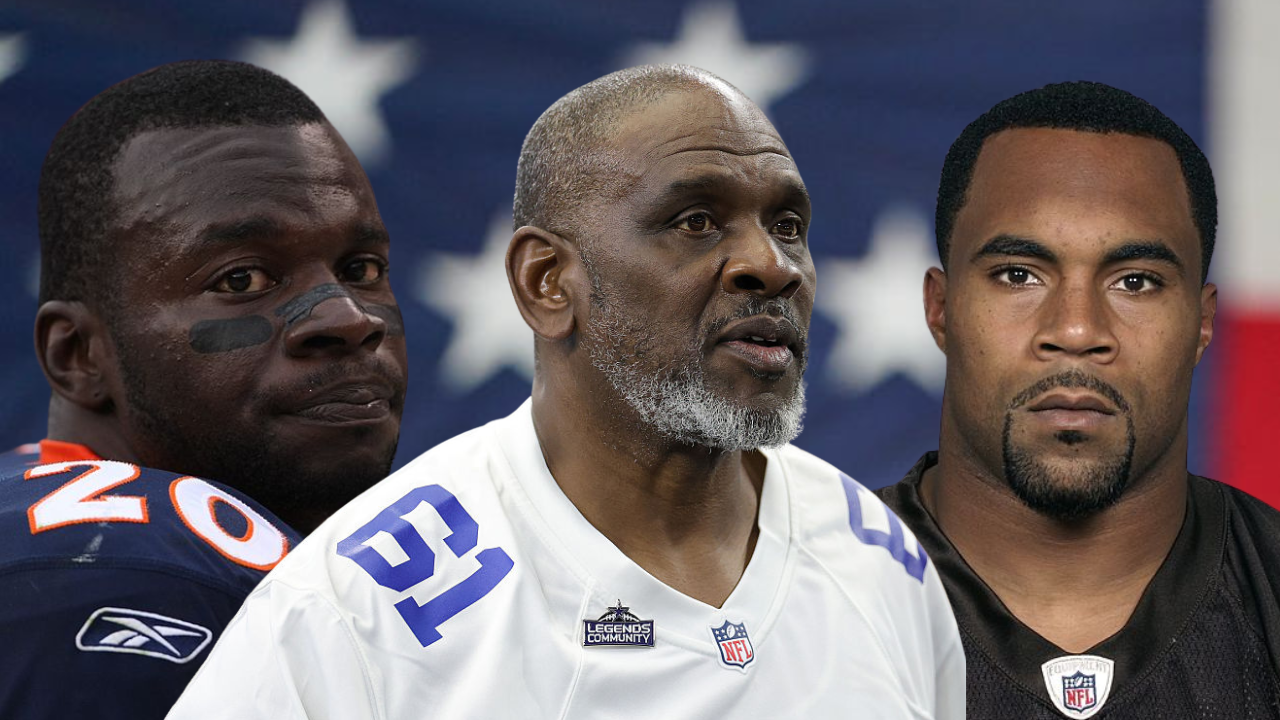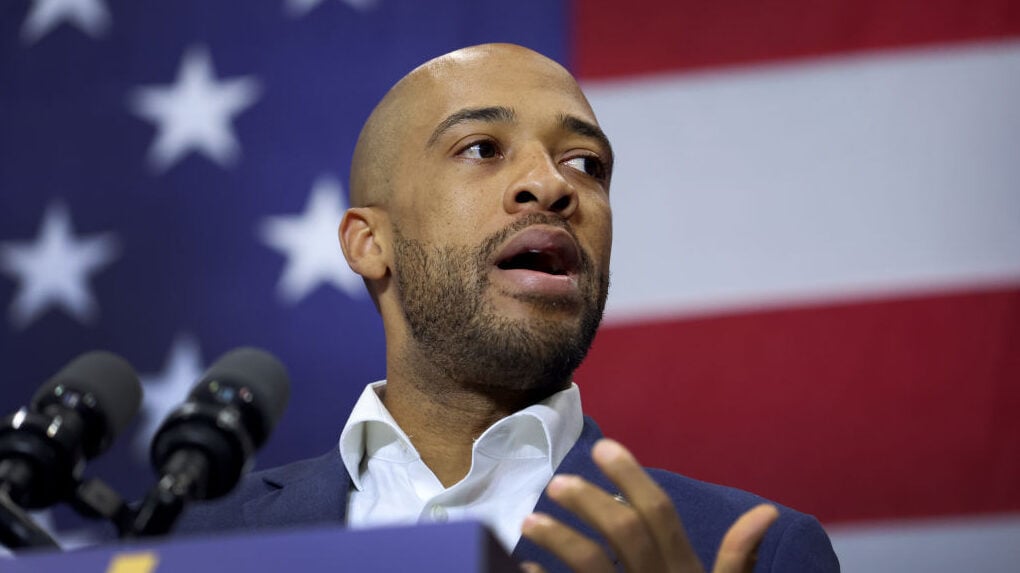Show Us The Money: 21 NIL Rules Parents Ask About Most—Answered


Name, Image and Likeness (NIL) refers to a student-athlete’s ability to profit from their personal brand – things like their name, how they look, their social media presence, appearances, and more. For decades, the NCAA has enforced rules governing these rights in the name of protecting amateurism. That began to change dramatically in 2021.
On July 1, 2021, the NCAA adopted an interim NIL policy that allowed college athletes (across all three divisions) to engage in NIL activities, provided they comply with state laws and school or conference policies. This was revolutionary as student-athletes could now sign endorsement deals, monetize their social media, make paid appearances, license their images, and more.
This change has reshaped college sports. Suddenly, athletes have the opportunity to earn real income while in school, not just through scholarships, but through real-world business opportunities. It’s also introduced new challenges: ensuring that deals are fair, avoiding pay-for-play, navigating state-by-state rules, and helping parents help their kids protect their eligibility. In short, NIL has created a new ecosystem that has tuned college athletes into entrepreneurs, but also demands business savvy, compliance, and support.
With all of this still relatively new, there are countless questions parents have about it. Here are 21 of them…ANSWERED.
- What exactly can my child to under NIL? Athletes can sign endorsement deals, license their name or image, do paid social media content, make public appearances (like autograph signings), host camps or clinics, and sell merchandise — so long as the activities follow NCAA and state rules.
- When did NIL become legal for college athletes? On July 1, 2021, the NCAA adopted an interim policy allowing athletes in all three divisions to monetize their NIL.
- Are there state-by-state differences in NIL? Yes. NIL laws vary by state, and some states have more restrictive rules, especially at the high school level.
- Can high school athletes do NIL deals? It depends. Some states allow high school NIL activity; others prohibit it. Even in states that allow it, there may be restrictions (for example, on using school logos or uniforms).
- Is NIL just for the biggest-name athletes? No. Even lesser-known athletes or those in smaller schools can monetize local opportunities — small brands, local businesses, or niche social media deals can be fruitful.
- Can coaches or schools broker NIL deals? Generally, schools and coaches cannot “pay for performance” (i.e., pay based on athletic performance or to recruit) — that’s still prohibited. Deals must be based on legitimate business value, not recruiting inducements.
- What are “collectives” or “boosters,” and how do they factor in? NIL collectives are third-party groups (often alumni or boosters) that pool money to fund NIL deals. These deals must serve a real business purpose and have fair market value to pass compliance.
- Do athletes need an agent or advisor to do NIL deals? They can use a professional service provider (agent or marketing professional) — that is allowed under NCAA rules. But parents should vet their advisors carefully to avoid bad contracts.
- How do athletes report NIL deals? Most deals must be reported. Under recent rules, any NIL deal worth $600 or more must be disclosed via a centralized portal (NIL Go) for compliance review.
- Is NIL income taxable? Yes — NIL earnings are generally taxable. Athletes should keep detailed records of income and any related expenses.
- Can a deal harm my child’s eligibility? Yes, if it violates rules. For example, pay-for-play, undeclared boosters, or unreported deals can create eligibility risks.
- What about NCAA scholarship rules? NIL does not replace athletic scholarships — those are still governed by separate rules. That said, with recent settlement changes, the landscape is shifting (e.g., direct institutional payments via revenue sharing).
- Do all schools have to pay athletes now? No. With the 2025 House v. NCAA settlement, schools can pay athletes via revenue sharing, but it’s optional. Not every school may participate, and each school’s cap and policies may differ.
- What about international student-athletes? They face extra complexity, especially with visas. NIL income might count as unauthorized work under certain visa rules. It’s wise to consult an immigration attorney before taking deals.
- How do we know if a deal is “fair market value”? Compliance reviews (like those by the College Sports Commission) check whether compensation aligns with what other similar athletes are getting, and whether there’s a real business purpose.
- Can NIL deals conflict with school sponsors or apparel deals? Yes. Athletes must be careful about conflicting contracts, as schools have their own sponsorship relationships. A deal that competes with existing school partners can be problematic.
- How can parents help their child navigate NIL? Parents should educate themselves (read guides, attend workshops), vet advisors/agents, review all contracts carefully, make sure deals are reported properly, and help establish a financial plan (budget, taxes, savings).
- What are some of the biggest risks for athletes in NIL? Risks include eligibility loss due to non-compliance, bad contracts (overly restrictive or unfavorable terms), predatory deals, tax issues, and loss of focus (pressure to monetize).
- Can NIL deals affect recruiting? Yes. Attractive NIL opportunities (via collectives, boosters, or school revenue sharing) can influence where an athlete chooses to commit. But pay-for-play recruiting inducements are still supposed to be prohibited.
- Will there be a national NIL law? Possibly. As of 2025, lawmakers are debating federal NIL legislation — two major proposals are the SAFE Act and the SCORE Act. The rules may continue to evolve with new federal laws.
- Where can I learn more/get help? Great resources include SportsEpreneur’s NIL Hub, The Athlete’s NIL Playbook (a guide for athletes and parents), and your school’s compliance office or parent-education guide.
SEE ALSO:
Building Athletes & Legacy: 25 HBCU Sports Programs Leveling Up Right Now
10-Year-Old Farmer Makes History With Full-Ride HBCU Scholarship
What's Your Reaction?
 Like
0
Like
0
 Dislike
0
Dislike
0
 Love
0
Love
0
 Funny
0
Funny
0
 Angry
0
Angry
0
 Sad
0
Sad
0
 Wow
0
Wow
0




